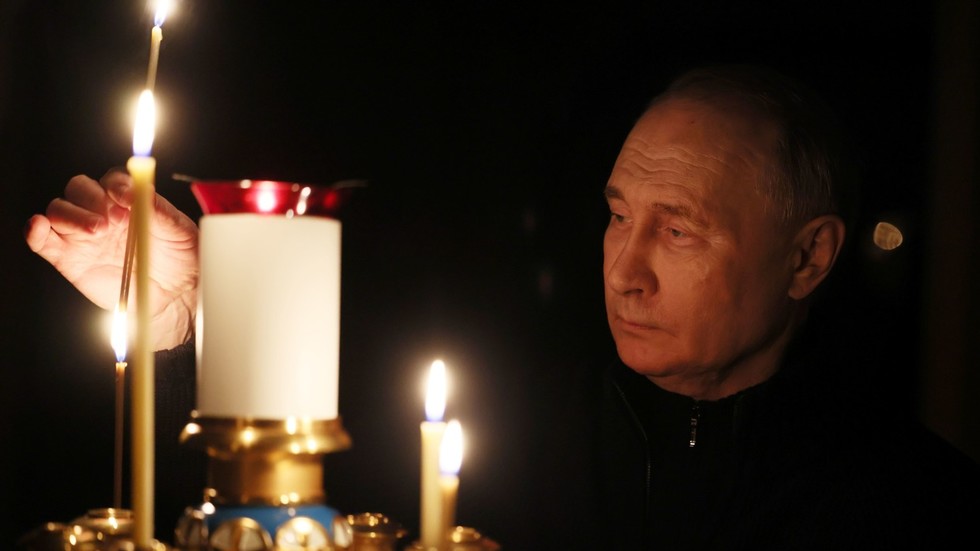The heinous act of terrorism at the Crocus City Hall concert venue just outside Moscow on Friday night – which is confirmed to have killed more than 130 people at the time of writing – has perhaps shaken Russia more than anything since a similar attack on a theater in the capital in 2002.
This latest atrocity will certainly have a major impact on the Russian people’s consciousness and the nation’s public security. It could also lead to serious changes in Moscow’s foreign policy, depending on the results of the investigation into the source of the attack and its masterminds. Considering the enormously high stakes involved in its findings and conclusions, there is no doubt that the investigation will have to be incredibly thorough.
The US government’s version of an Islamic State connection to the attack has been met with skepticism by Russian officials and commentators. Firstly, they were surprised by how quickly – virtually within minutes – Washington pointed the finger at the group. What also drew the attention of Russian observers was the US reference to an IS-linked news site which had claimed responsibility for the crime. Normally, all such sources are subjected to thorough checks. But not this time. Figures in Russia have also noted that American spokesmen immediately, and without prompting, declared that Ukraine was in no way linked to the act of terror.
Other criticisms of the American version include the style of the attack (no political statements or demands were made); the admission by one of the captured attackers that he had shot innocent people for money; and the fact that this was not planned as a suicide operation. Many experts have pointed out that IS is far from its prime, and that Russian forces defeated its core elements in Syria years ago. This has allowed speculation to grow about a false flag attack.
Ukraine, true to form, and alone among the nations of the world, has suggested that the Crocus City atrocity was an operation carried out by Russia’s own secret services, launched to facilitate a further tightening of the political regime and a new wave of mobilization. Clearly nonsensical, this interpretation invoked in many Russian minds the old proverb, “liar, liar, pants on fire.”
Russian President Vladimir Putin, in his five-minute address to the nation on Saturday, refrained from rolling out the Kremlin’s own version. His words and his demeanor were calm, but the style of his remarks was stern. Those behind the attack “will be punished whoever they are and wherever they may be,” the president declared. The direction of Putin’s thinking was revealed by the two facts – not conjectures – he raised: that the terrorists, having fled the scene of the assault, had been apprehended not far (100km or so) from the Ukrainian border, and that “information” had been obtained that they intended to cross the border into Ukraine, where “they had contacts.”
The results of the Russian investigation will be enormously important. If Moscow concludes that the attack was conceived, planned, and organized by the Ukrainians – say, the military intelligence agency GUR – Putin’s public warning would logically mean that the agency’s leaders [and Zelensky potentially] will not just be “legitimate” targets, but priority ones for Russia.
(Rest of the article at the link)


